On The Record With...Allan Waters' Young Broadcaster Jenny West
Jenny West, the co-host of the afternoon drive on Pattison Media’s The Zone @ 91-3 (CJZN-FM) in Victoria, was recently named the 2023 Allan Waters Young Broadcaster of the Year. The BCIT graduat
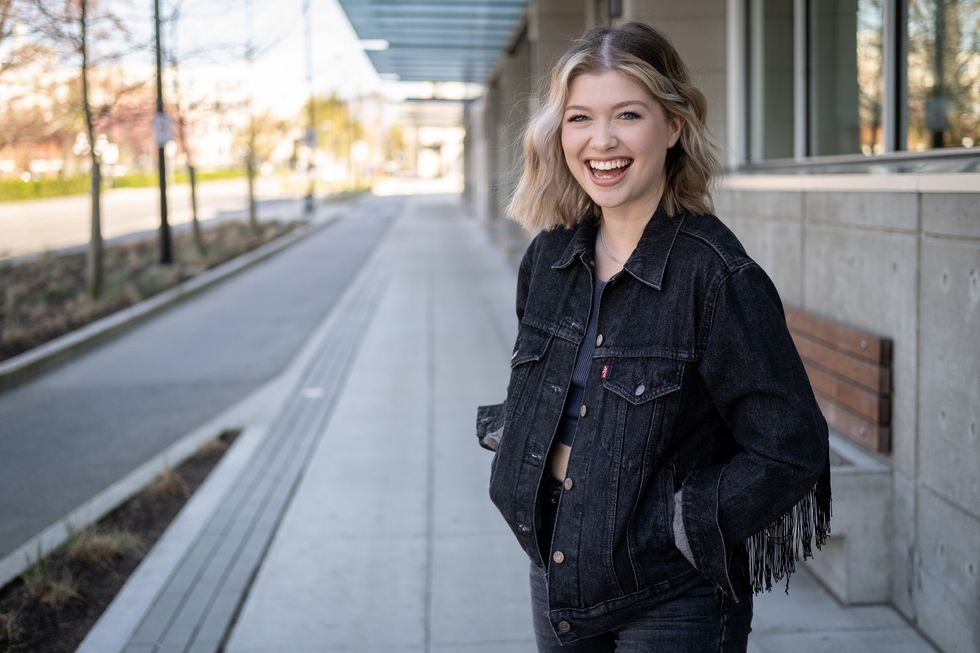
By Dave Charles
Tamara Stanners, the woman who started The PEAK, was an early inspiration to me. Though I loved the music at other Modern Rock stations in Vancouver, what gravitated me toward The PEAK was the fact that I felt celebrated and empowered as a woman listening to that genre. I remember listening to other modern rock stations and feeling isolated as a young girl, thinking if I like this kind of music and want to be accepted in this community, I have to be treated in a degrading way. Tamara did an incredible job of creating a space for everyone to enjoy rock while also giving huge opportunities to local bands to break into the Canadian radio industry. I then discovered The Zone @ 91-3 through a friend at BCIT. The full-time hosts at the time--Dylan Willows, Jason Lamb, Pol Plastino, Jeremy Baker, Jade Nixon and Jon Williams-- were super inspiring. They all had this ease and approachable nature that I was super drawn to and made me believe that there could actually be a place for me on that station. I honestly just wanted to be buds with all of them, and I will do anything to make a friend.
So important! On average, we see around 200 texts per show per day. Responding to each text is also so important; it adds to the magic that initially drew me to radio. People are more comfortable texting than calling these days, which is a shame because a phone call makes for such great content. Tip: call back a listener if they text in a nugget.
I know it would make sense to have a goal of working in a larger market, but I am obsessed with Victoria and see myself living here for a long time (if I can afford it, haha). Pattison Media has been so great in providing us with opportunities to grow within the company, and I plan on continuing to explore avenues in management with them. As for on-air, my next main goal would be to host the morning show. Outside of the station, I would love to host more info sessions and industry nights to help local musicians break into Canadian radio, hold more boxing events and classes for women, non-binary, and trans folks to feel more comfortable in the sport, and finally put together an at-home studio so I can lean into voice over and re-launch The Rag: Period Podcast!

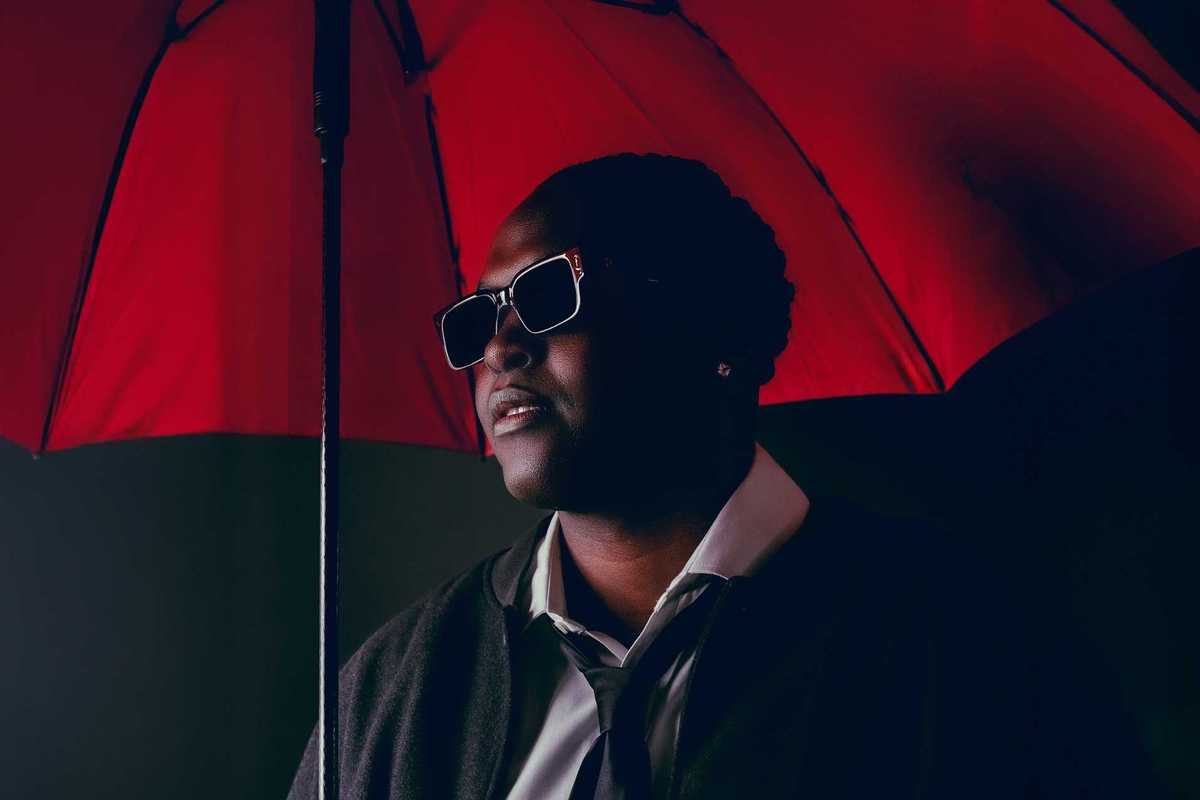
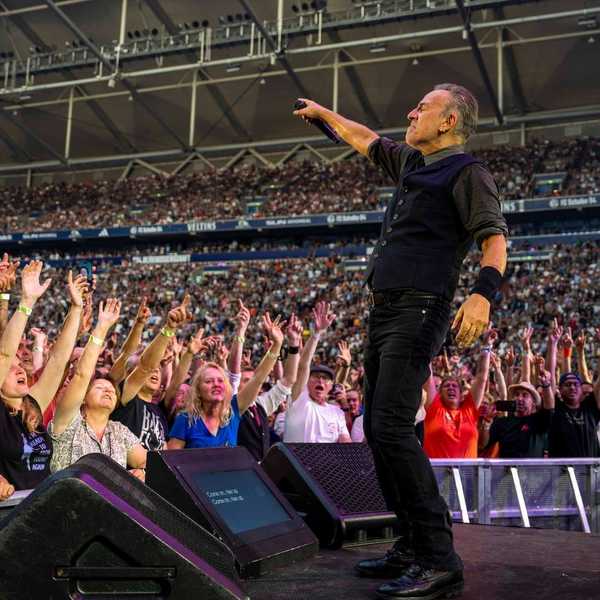
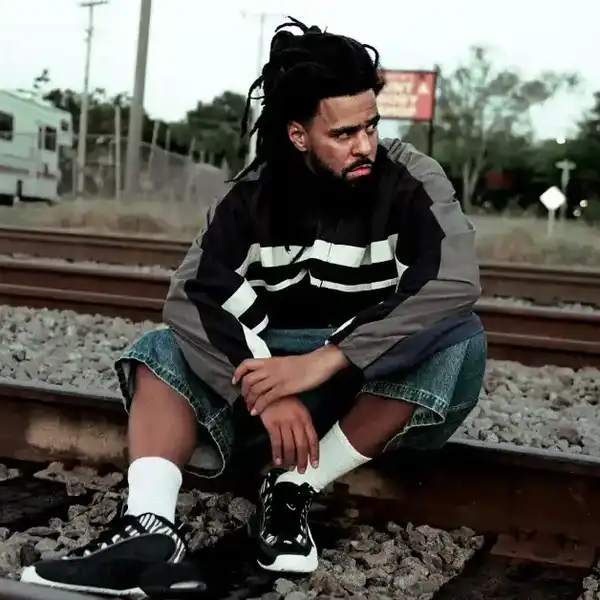
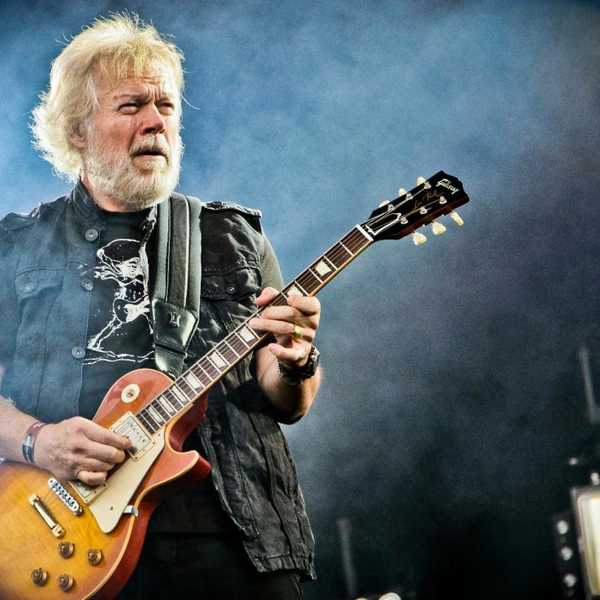


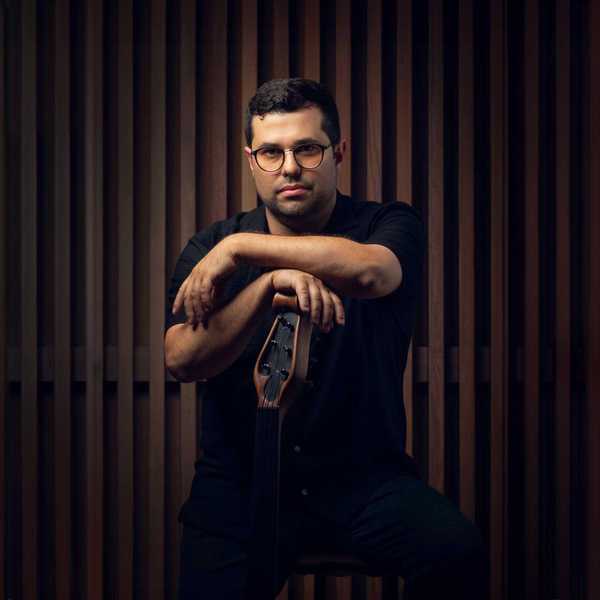

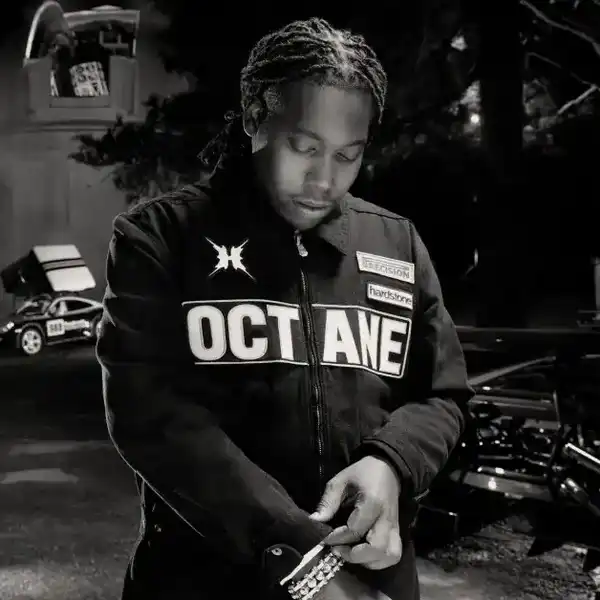
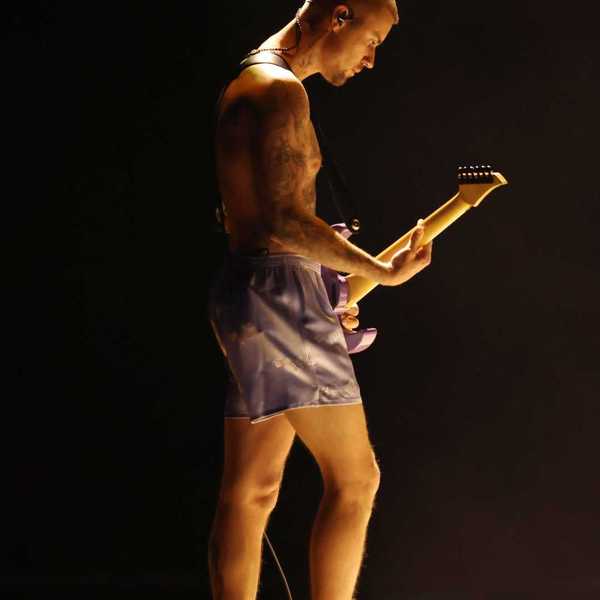
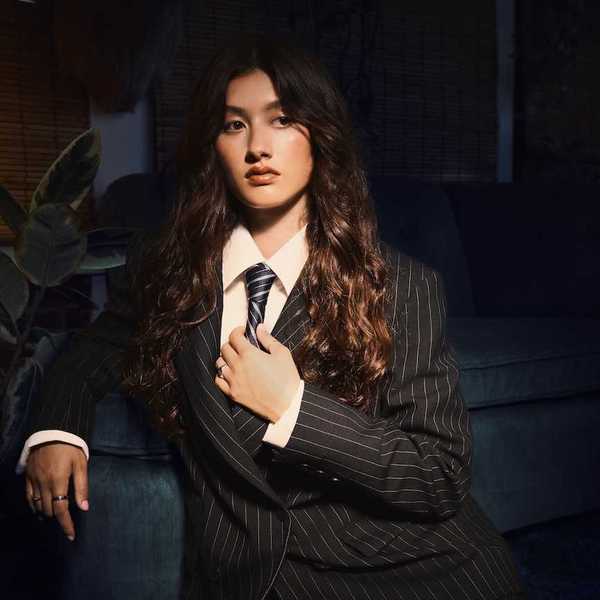
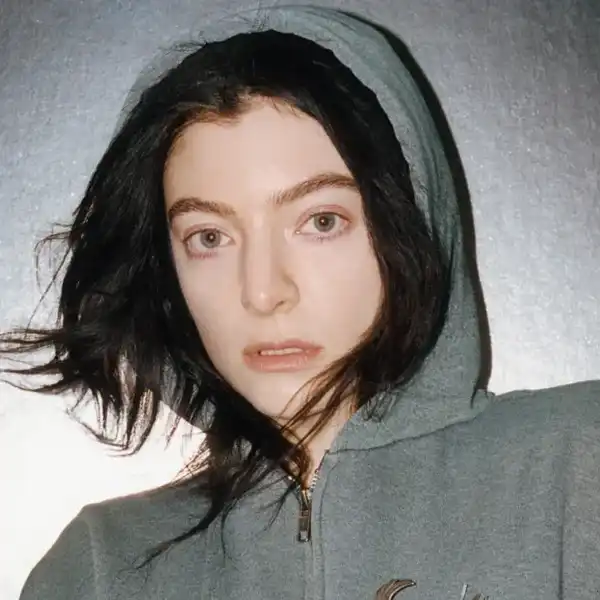

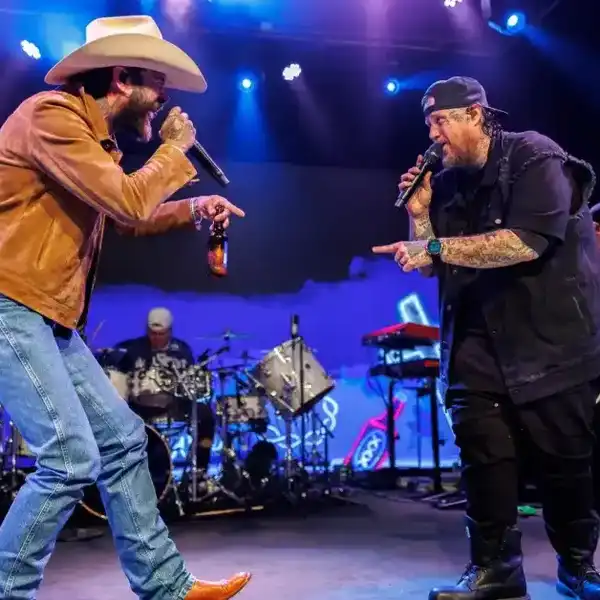
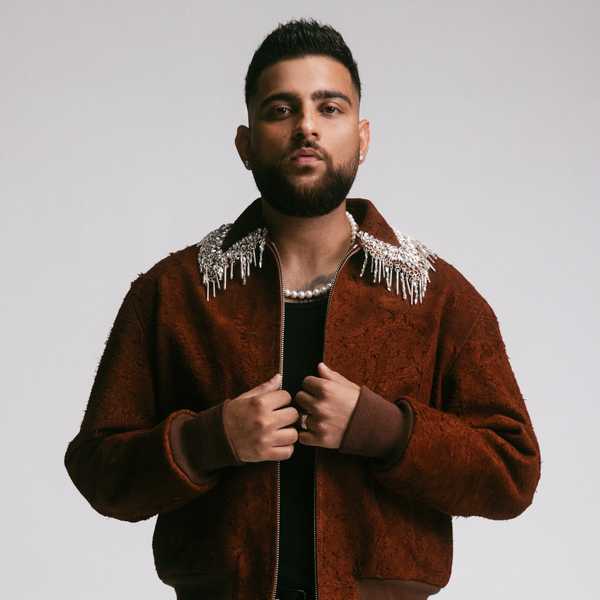
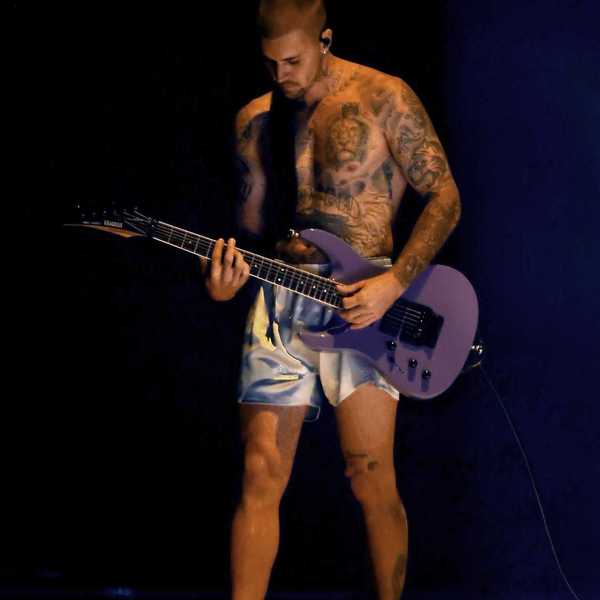
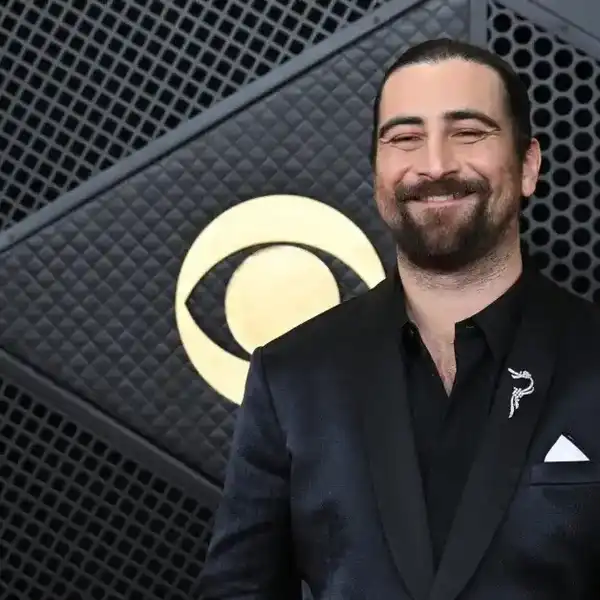
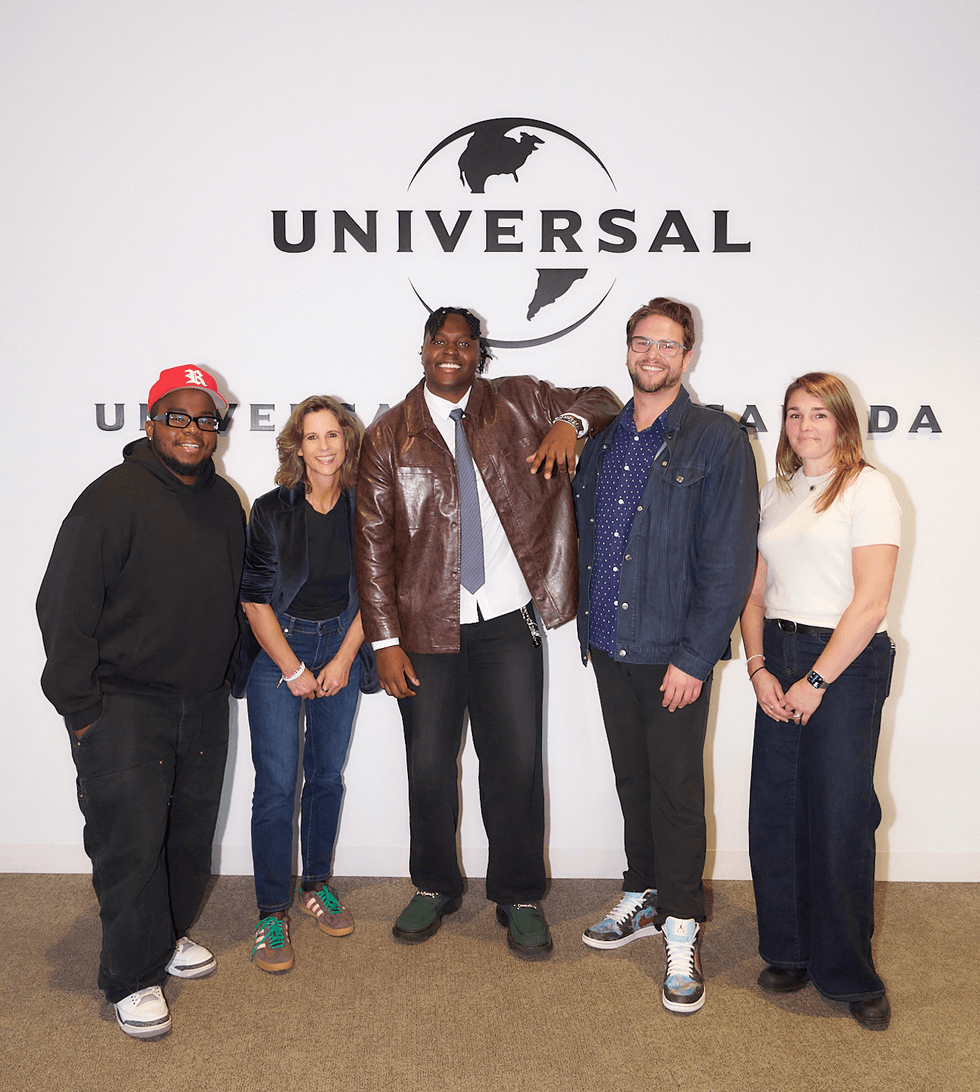 Kuzi Cee (center) with (L – R): Kwaku Agyemang, A&R Manager, UMC; Julie Adam, President & CEO, Universal Music Canada; Sean Bussiere, artist management; Amanda Kingsland, Vice President, A&R, UMCTobias Wong
Kuzi Cee (center) with (L – R): Kwaku Agyemang, A&R Manager, UMC; Julie Adam, President & CEO, Universal Music Canada; Sean Bussiere, artist management; Amanda Kingsland, Vice President, A&R, UMCTobias Wong